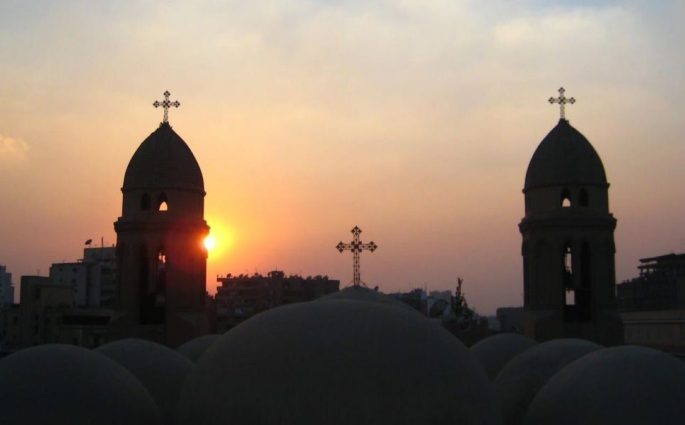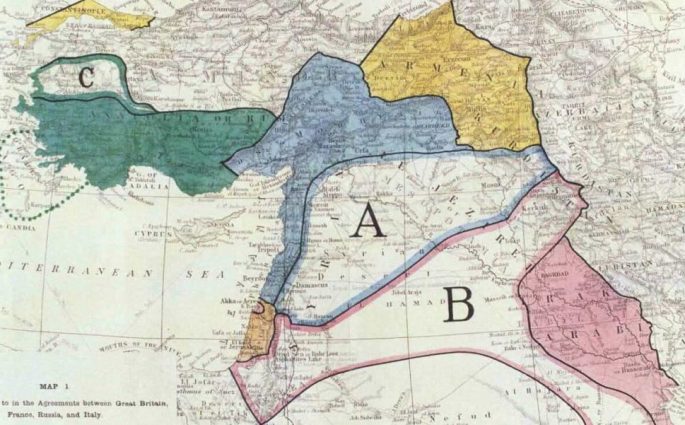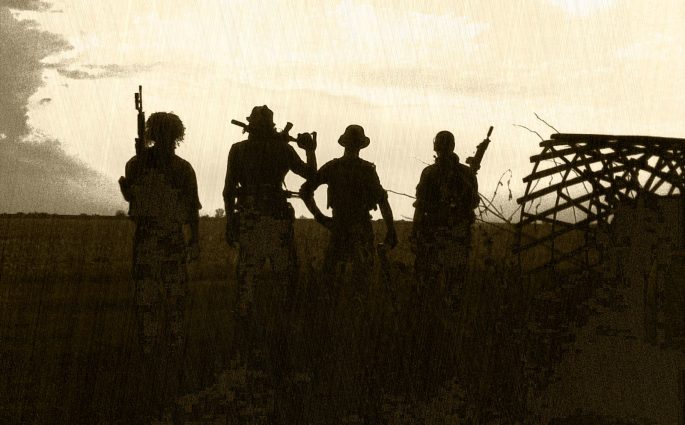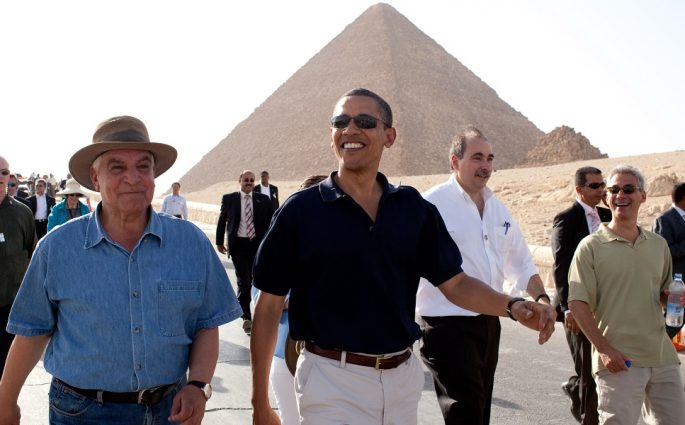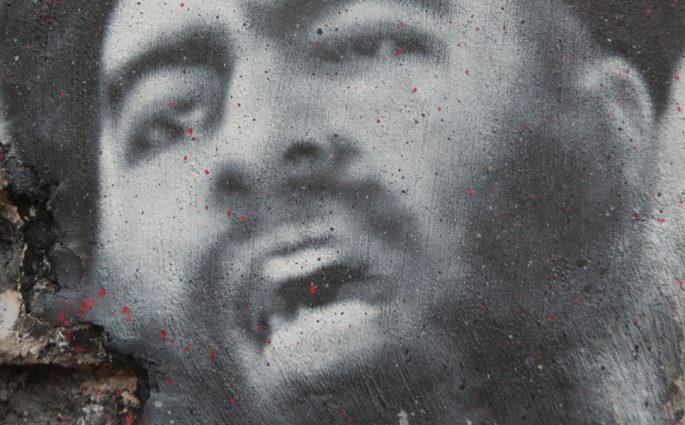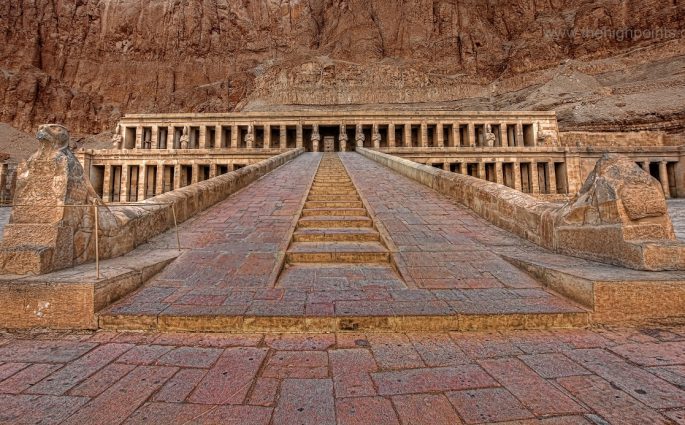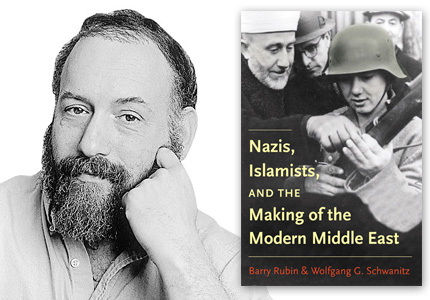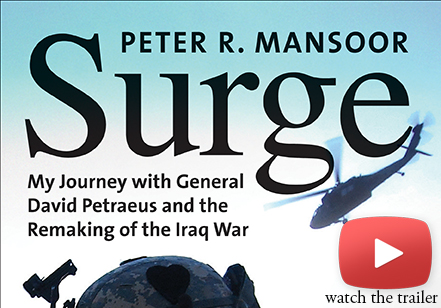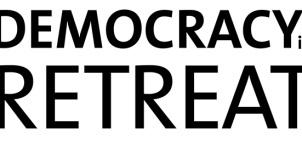Remembering the 1967 Six-Day War
Guy Laron— Are wars the result of accidents, compounded by misassessments, misunderstandings, and miscalculations? If this is true, there is no one to blame; according to this view, wars simply happen. But perhaps wars are born out of meticulous and willful planning by individuals and institutions that might benefit from war. If

